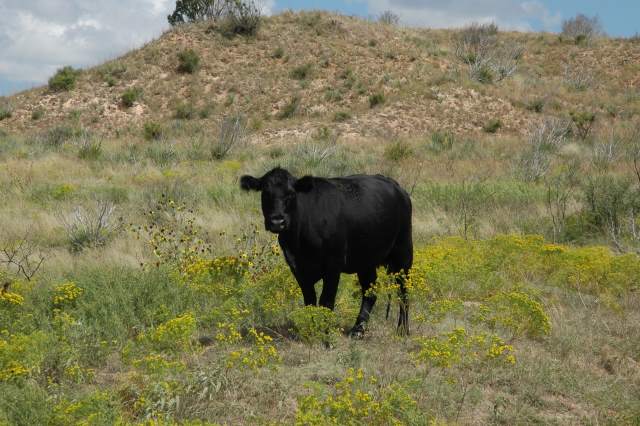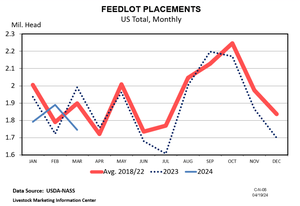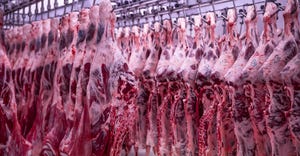April 6, 2016

Yesterday, in her BEEF Daily blog, Amanda Radke discussed some survey results that we all should take to heart. In short, the survey said what’s been said many times before—consumers want to know what you do and why you do it. Further, there’s a steady trend of consumers turning to food companies, grocers and food retailers and bloggers/social media for more information about their food.
Now, consider this: a study by the Center for Food Integrity shows that 60% of those surveyed strongly agree when asked, if food animals are treated decently and humanely, they would have no issue with eating meat. That, says Scott Anderson, manager of CRI Feeders in Guymon, Okla., is the good news.
The bad news? “However, of that same group, only 25% believe that’s true,” he says.
Anderson says that’s a huge challenge for everyone up and down the beef supply chain to overcome. “It’s imperative that consumers understand and trust how their food is produced,” he says, “because the bottom line, the key objective for all of us, is to help grow demand. So we need to be involved in the conversation and do so in a positive manner.”
How do we do that? One way, as Amanda has often encouraged you to do, is use social media to tell your story. Not the social media type? I understand. Neither am I.
That’s why Anderson is a member of the U.S. Roundtable for Sustainable Beef. “As that survey pointed out, there is uncertainty in the marketplace and anything we can do to come together to help supply some of that information to answer some of those questions, to enhance the trust out there, will help drive the sale. Working together in a coalition like the U.S. Roundtable is a great way to do that.”
Eldon White agrees. He’s the executive vice president of the Texas and Southwestern Cattle Raisers Association, an organization with members who are into their fourth and fifth generation on the ranch. That’s the very definition of economic, environmental and social sustainability, at least from a cowman’s way of thinking.
“So we have a great sustainability story to tell. We just need a cohesive, uniform way of communicating that story to the consumer. I think that’s where the U.S. Roundtable for Sustainable Beef plays a vital role,” he says. “The Roundtable gives us a way to establish sustainability objectives that every sector of the value chain can work on.”
In Anderson’s mind, that’s important because the U.S. Roundtable includes representatives from every part of the value chain—including retailers like Walmart and McDonald’s. Millennials, that oft-cussed and discussed group of young people, are twice as likely to check packaging to see if there is sustainable performance information, he says. “And if there is, often that influences their purchase decision.”
Retailers know this and that’s why they embrace the sustainability movement. And that’s why the U.S. Roundtable for Sustainable Beef is important to you—it gives the beef business a seat at the same table as folks from McDonald’s, Walmart and any number of other food (meaning beef) retailers. And if you’re not sitting at the table, you’re not part of the conversation.
“As an industry, we have an obligation to provide information about beef production and how beef is being raised sustainably,” White says. “Our organization sees a great potential for the Roundtable to help tell our sustainability story and do so in a way that meets the consumer’s expectations in the marketplace.”
You might also like:
Get to know the 2016 Seedstock 100 operations
5 tips to make bull buying easier
Cow prolapsing? Here's what to do
Why the USDA suspension of the midyear Cattle report is troubling
Here's how attaining zero calf sickness is absolutely possible
You May Also Like



